 Everyone wants you to be social. If you're a marketer, you have heard about a million times in recent weeks, months and years about the power and necessity of social media. Get a blog, get on Twitter, create a fan page … every piece of advice seems to point towards being more social, more open and more transparent. Let's take a deep breath together. This post is not the kind of advice you'd expect to get from a "social media guy" like me. In fact, it's downright antisocial. To put it more accurately, it is about the right times to be anti-social.
Everyone wants you to be social. If you're a marketer, you have heard about a million times in recent weeks, months and years about the power and necessity of social media. Get a blog, get on Twitter, create a fan page … every piece of advice seems to point towards being more social, more open and more transparent. Let's take a deep breath together. This post is not the kind of advice you'd expect to get from a "social media guy" like me. In fact, it's downright antisocial. To put it more accurately, it is about the right times to be anti-social.
This is a strange post when many brands are struggling right now to even find the right ways to be social online. Engaging with social media is an imperative for most brands (though the way you do it can and should vary greatly depending on your business and goals). There is plenty of good advice online for how to do this well, though. I like to think I have shared a decent amount of this type of advice here on this blog. But as marketers we also want to avoid the landmines. The situations or instances in social media that may be likely to blow up in our faces. Those are often the situations where being anti-social is the best strategy.
Here are a few situations and pieces of advice I have gathered on how to be anti-social online and help your brand succeed at the same time:
- NEVER allow YouTube comments. I have had the opinion for some time now that allowing people to comment on your YouTube videos without moderating is an idiotic thing for a brand to do. Why? Because the vast majority of YouTube comments lack substance, include uninformed or somehow offensive remarks, and offer little context or real discussion. Instead, if you want to foster dialogue on your videos, create a video blog and embed the video into the blog. Then allow people to comment on the video in the blog. This will generally result in far higher quality comments, and less infantile useless banter.
- DON'T friend/follow everyone. As a brand, the temptation is to friend and follow everyone who contacts you or requests to be your friend. Resist that temptation, and instead make it the job of someone on your team to actively monitor these requests and approve them based on criteria that you set. This criteria can be lax (not a robot account) to more specific to your industry or area of concentration. The effort will pay off, though, when it comes to using a particular social network as a marketing platform and tool for collaboration because you will only be talking to people who really matter.
- MODERATE your profiles actively. What is written online is not written in stone, and as a brand you have the right to set the ground rules for your own profiles and sites online. What this requires is clearly posting your policy about what is ok and what is not ok for people to post and share in your environments. This doesn't mean to try and delete anything negative or critical … but off topic or offensive comments or posts can and should be moderated. And in cases where people are posting incorrect or flawed information, you have a right and obligation to correct them (but allow their comment to be posted if it meets your criteria).
- SEPARATE private content. There are legitimate reasons why you might want to share brand content among a small subset of users or internal users online. Just because content is online doesn't mean that everything needs to be open and public. If you feel you have a legitimate reason for sharing password protected private content, you should do it. And if it is extremely sensitive, make sure you take the right steps to protect it and prevent it from getting in the wrong hands.
- PROMOTE yourself and your brand. Part of the benefit of using social media is that it does allow you an authentic place to share branded offers or promote your products and services. Unfortunately, some brands are advised that just because they are on social media they should never consider using it for marketing reasons. The fact is, if you are using social media in an authentic and not overly promotional way on a daily basis, you can earn the right to share marketing information at various points and not lose your audience. The real trick is to strike the right balance.







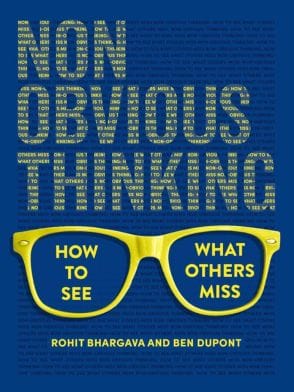

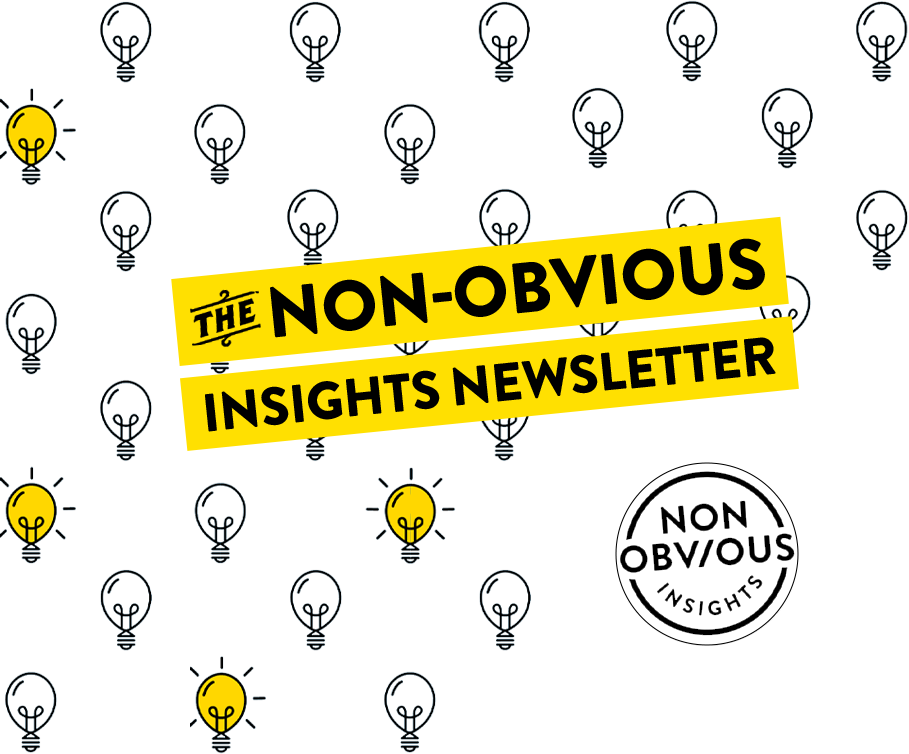



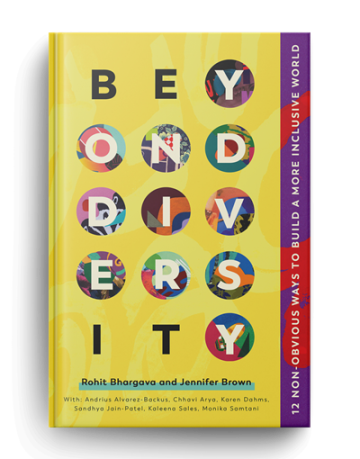
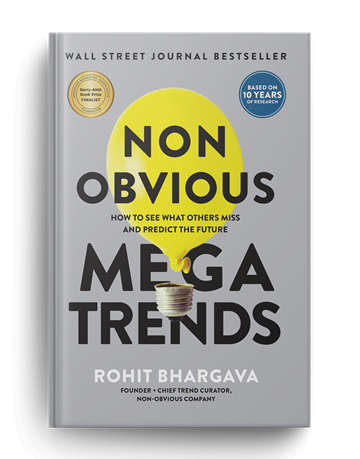
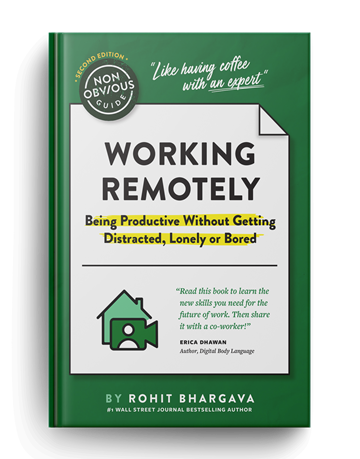
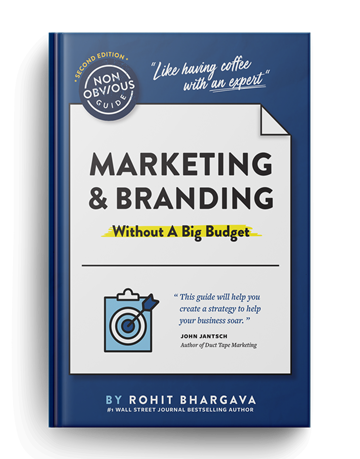

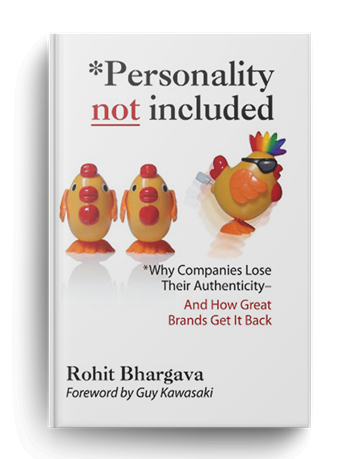
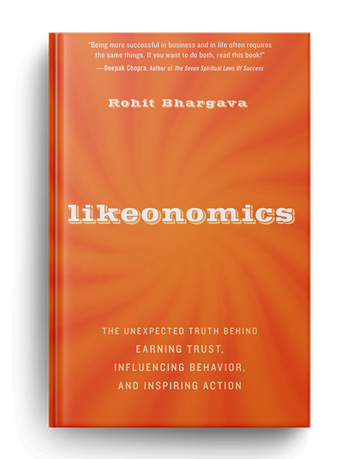


Good points.
It seems like there is a real lack for people to accept the ever changing internet. This is a good overview of keeping some privacy while still keeping brand or face.
I would suggest that any communication interaction can be leveraged in some way. That is it may be dependent on the opportunity cost.
Number 5 is a really good point. Social media gives you a chance to add some “personality” to your brand. I think this is something that some of the big corporations are scared of, but if used correctly can be very effective.
This is a very interesting idea. Accessibility and transparency in marketing is extremely important.
—
Jenifer
Plug and play Security Systems no Contracts at the best affordable Prices